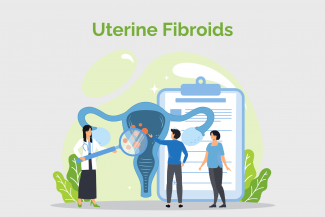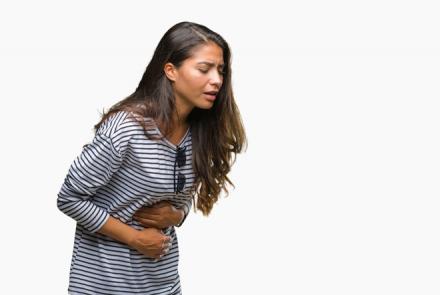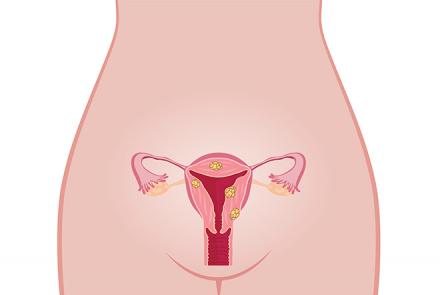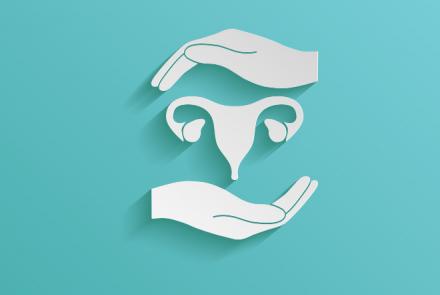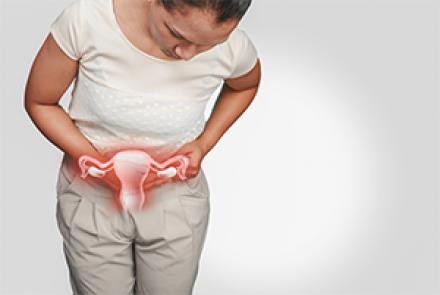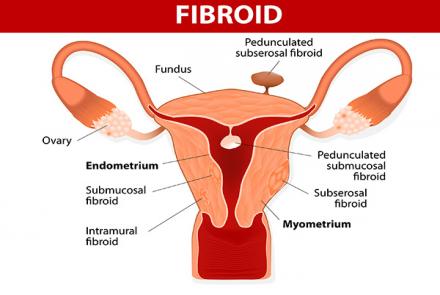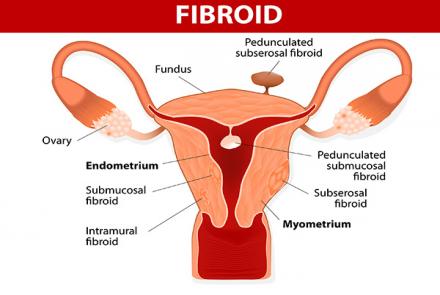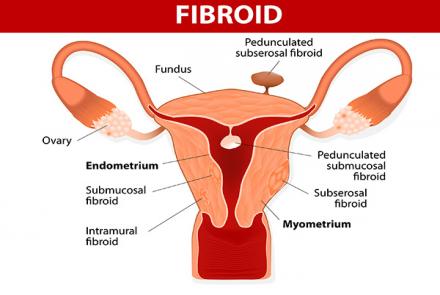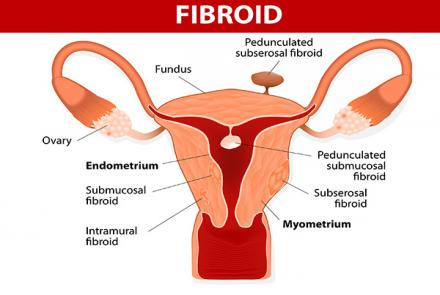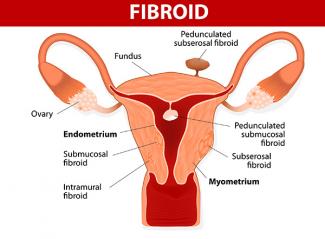
The exact cause of fibroids is not known.
Our body is made-up of cells that regularly undergo turnover i.e production of new cells and removal of old and damaged cells. Sometimes, this regular process is disturbed causing more cells to be produced than destroyed. This results in the formation of abnormal mass of tissue, which is called tumour. The tumour can be benign or malignant. Fibroids are a kind of benign tumour. Normal cell production and destruction may be disturbed by genetic, hormonal or environmental factors.
For instance, fibroids tend to swell when levels of oestrogens are high, i.e in pregnancy. When oestrogen levels rise, it may lead to formation of fibroids. When oestrogen levels go down after menopause, they reduce in size.
Are you at risk of developing fibroids?
Risk factors include the following:
Hereditary: If any of your family members have fibroids, then you have a 30% chance of developing fibroids.
Race: Asians have a 70% chance of developing fibroids (mostly asymptomatic). Black women are at higher risk when compared to other races.
Early onset of menstrual cycle.
Obesity: Overweight women are as much as three times more likely to develop fibroids.
Diet: Diet with red meat and fewer green vegetables and fruits. Meat contains oestrogen, which causes growth of fibroids.
Alcohol consumption: *Alcohol consumption disrupts the liver’s ability to metabolise hormones effectively, hence disrupting the menstrual cycle. Having 3-4 drinks a day over three weeks can lead to abnormal menstrual cycle, heightening fibroid risk. Also, alcohol depletes the body of B-complex vitamin and minerals.
This study gives the relation between alcohol consumption and the reproductive hormones. The study had concluded that there are increased levels of estrogen. Application of this conclusion can correlate that increased estrogen leads to fibroids
Association of intakes of fat, dietary fibre, soya isoflavones and alcohol with uterine fibroids in Japanese women. Nagata C1, Nakamura K, Oba S, Hayashi M, Takeda N, Yasuda K. This study has concluded that there high prevalence of uterine fibroids with increased alcohol intake.

